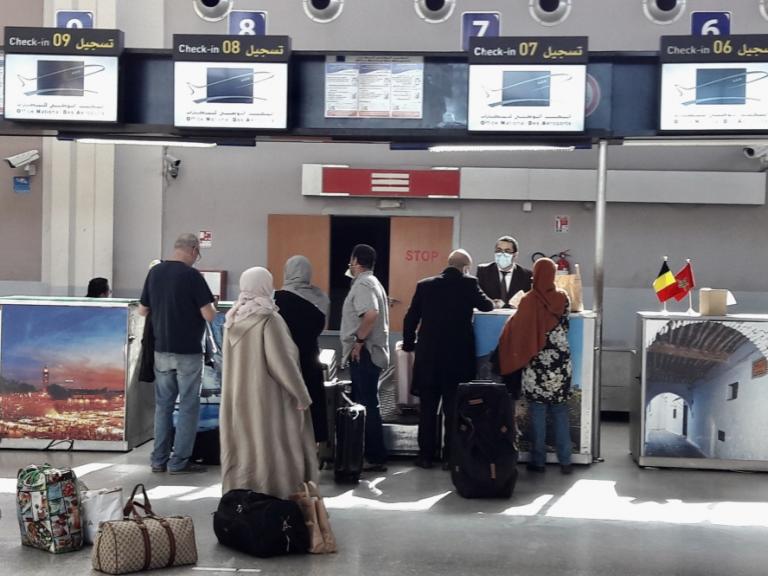-
Last updated on

© FAO
Sierra Leone was severely socio-economically affected by COVID-19. The pandemic struck amid a context of severe economic problems, high food prices and inflation, and unprecedented food insecurity.
Measures to contain the pandemic took a heavy toll on agricultural workers, domestic workers, female market vendors and cross border traders. The most vulnerable farmers in particular found it harder to access markets, seeds, tools and input.
The government developed a Quick Action Economic Response Programme to mitigate the socio-economic impact of the pandemic. Belgium aims to contribute to this. It is donating €355,000 through SFERA, an emergency fund from the UN Food and Agriculture Organisation.
The objective: to improve the food security and incomes of 2000 vulnerable farming families hit hard. About 60% of the beneficiaries are women, young people and households headed by a person with a disability.
The aid action focuses mainly on the processing of vegetables and fast-decaying foods. To this end, the necessary material and training will be provided, including marketing.
In co-operation with local authorities, small farmers will be supported in gaining access to the market. They will also receive support for mobile technology and transport.
In order to put everything on the right track, the action will make use of 80 facilitators from existing farmer field schools. They will be trained to pass on their knowledge at the farmer field schools afterwards.
The aid action is part of the Early Action section from SFERA.

© FAO
More on Corona crisis

4 questions about One Health
The current pandemic has demonstrated overwhelmingly that human health is inseparable from our living environment. This is why t...

Belgium tackles the coronavirus crisis
Belgium is making strenuous efforts in many areas to combat the coronavirus crisis and deal with its consequences, both at home ...

How do you repatriate 11,266 Belgian citizens?
Due to the coronavirus crisis, thousands of Belgians were all of a sudden stranded abroad. Three months later, the FPS Foreign A...
